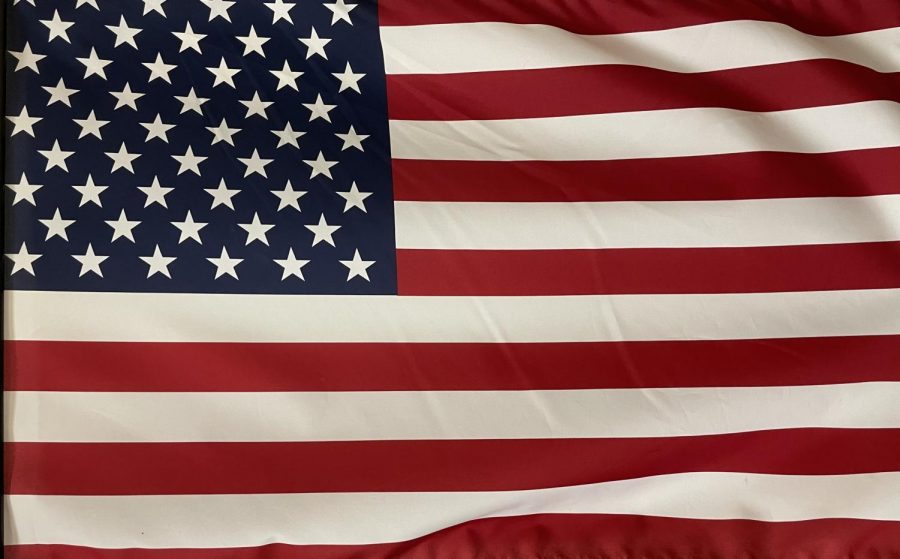While politics and school are generally able to be kept separate, history education blurs the lines between education and political beliefs. This crossover is what makes the lack of bias in history instruction essential.
The Trump Administration’s 1776 Commission came to be in September 2020, a counter to the New York Times’ 1619 Project. The 1619 Project was created in 2019 for the 400th anniversary of the first slave ship to dock in the U.S., with a goal of reframing U.S. history around the consequences of slavery and the contributions of Black Americans to the nation. The 1776 Commission and its report, “The 1776 Pledge to Save Our Schools,” on the other hand, is an advisory committee and report created to restructure history education in a more patriotic light. It encourages the dismissal of many negative aspects of American history, including racial conflicts, and condemns current education for its vilification of America and its Founding Fathers.
While the 1776 Commission advisory committee was disbanded on President Biden’s first day in office, the report is still a part of federal records and is available to the public. Recently, South Dakota Governor Kristi Noem became the first governor to sign “The 1776 Pledge to Save Our Schools,” announcing her decision on Twitter.
“Teaching our children & grandchildren to hate their own country & pitting them against one another on the basis of race or sex is shameful & must be stopped. I am proud to be the 1st candidate in America to sign ‘The 1776 Pledge to Save Our Schools,’” said Noem via Twitter.
This report was not released without controversy and the public raised many concerns over the 1776 Pledge and its development. History educators and historians across the nation composed many of those worried.
“One of the main concerns about the 1776 Commission is that historians were not part of the collaboration,” said LHS Social Studies Department Director Sarah Burkett. “I think it is important to utilize the expertise of historians as we build a framework for history education.”
Perhaps a bigger issue with the report, however, is its determination to dismiss certain facets of American history, most notably those involving racial inequality.
“The 1776 Commission also does not address the many people groups that were influential in the early history of the United States,” said Burkett. “Any attempt to reconsider the lens through which we view American history should acknowledge the diverse voices that were part of the conversation or prohibited from the conversation.”
Public education remaining unbiased, especially when regarding history, is important to not only honor and preserve the nation’s past but to look out for its future as well.
“The sanitizing of history does a disservice to those who came before by ignoring their stories and experiences, but also to current citizens,” said Roxanne Harte, the LHS AP U.S. History teacher. “To simplify history to make it more congratulatory denies us the ability to learn from past mistakes, to grow as a nation and develop a genuine understanding of our history.”
It is important to acknowledge the adverse parts of U.S. history. This is done by including every point of view and working to prevent the repetition of past mistakes.
“We have a duty to include all perspectives, to contribute to a historical narrative that does not hide the messiness of our past but embraces our collective mistakes to build a stronger tomorrow,” said Burkett. “That is the beauty of a democracy; we look honestly at our history to create a better future.”
Instead of structuring a curriculum to lead students in a certain direction regarding political beliefs and historical interpretations, public education should offer students resources to form individual opinions.
“[Giving] students the opportunity to interpret history through a variety of primary and secondary sources that consider multiple viewpoints of historical events is how we create a robust, engaged population,” said Burkett. “We provide students opportunities to recognize our historical strengths and weaknesses and impact change as we progress as a country.”
The only way to allow students to become informed and engaged citizens is by enforcing a politically unbiased curriculum that allows for individualism. This can and should be done by structuring education to include all perspectives and aspects of U.S. history, not by erasing the shameful parts of it.
This story was originally published on The Statesman on May 19, 2021.



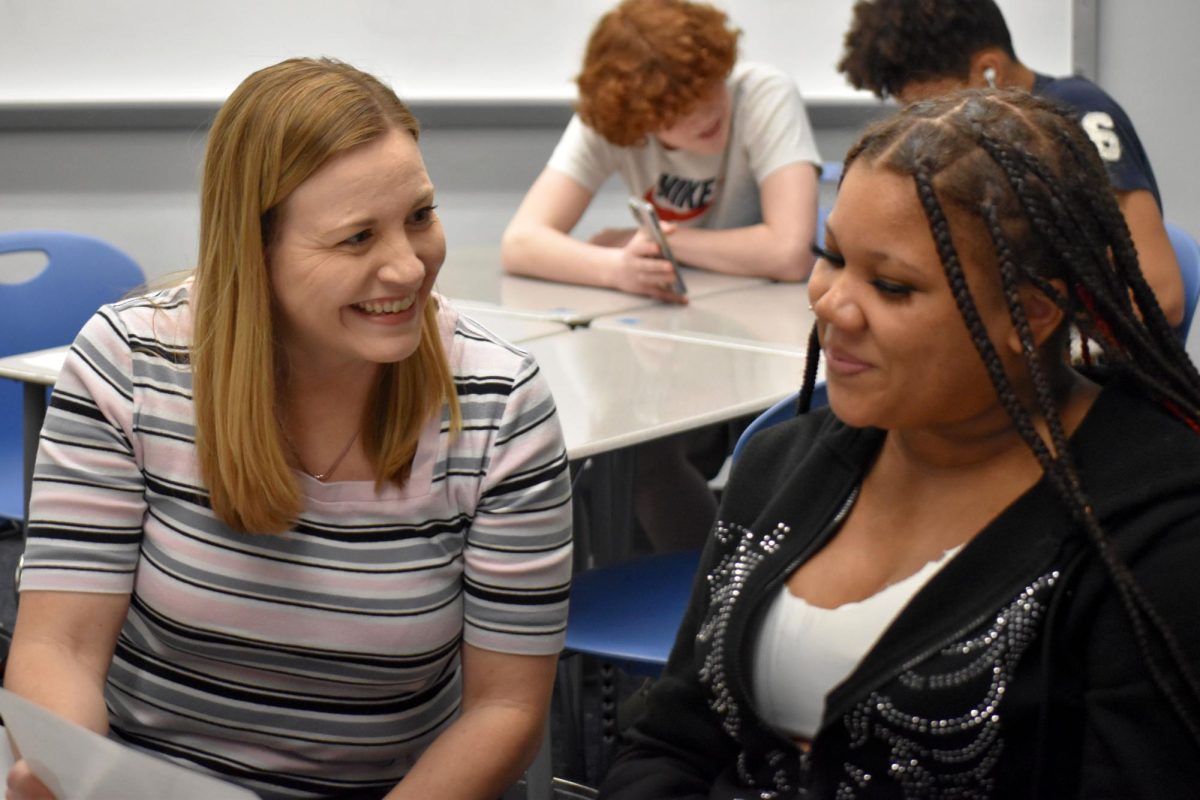
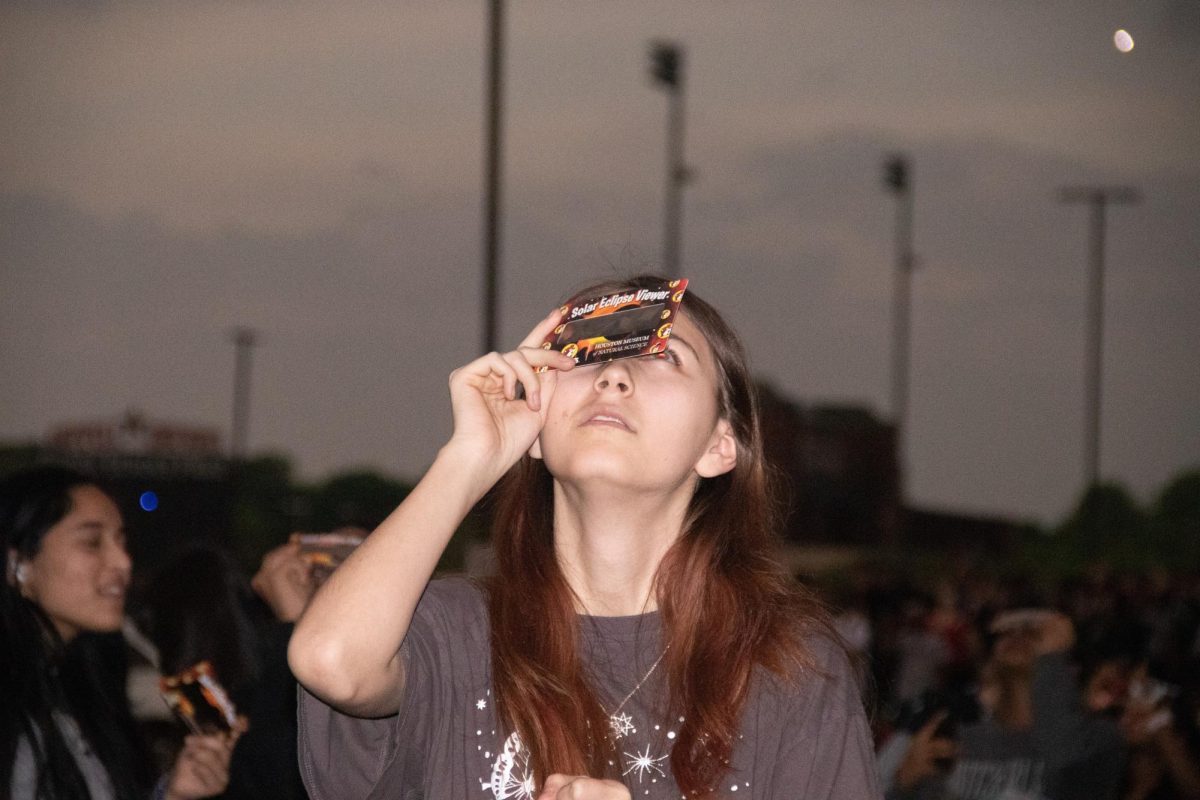











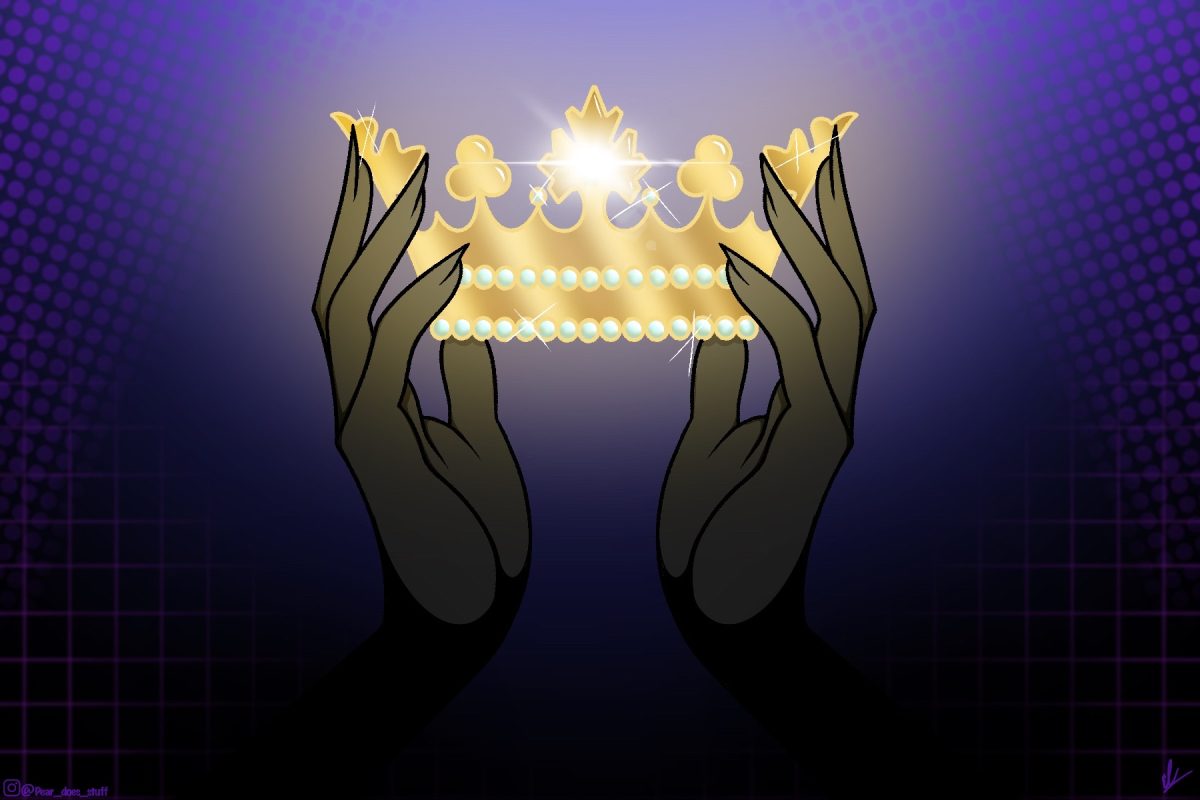



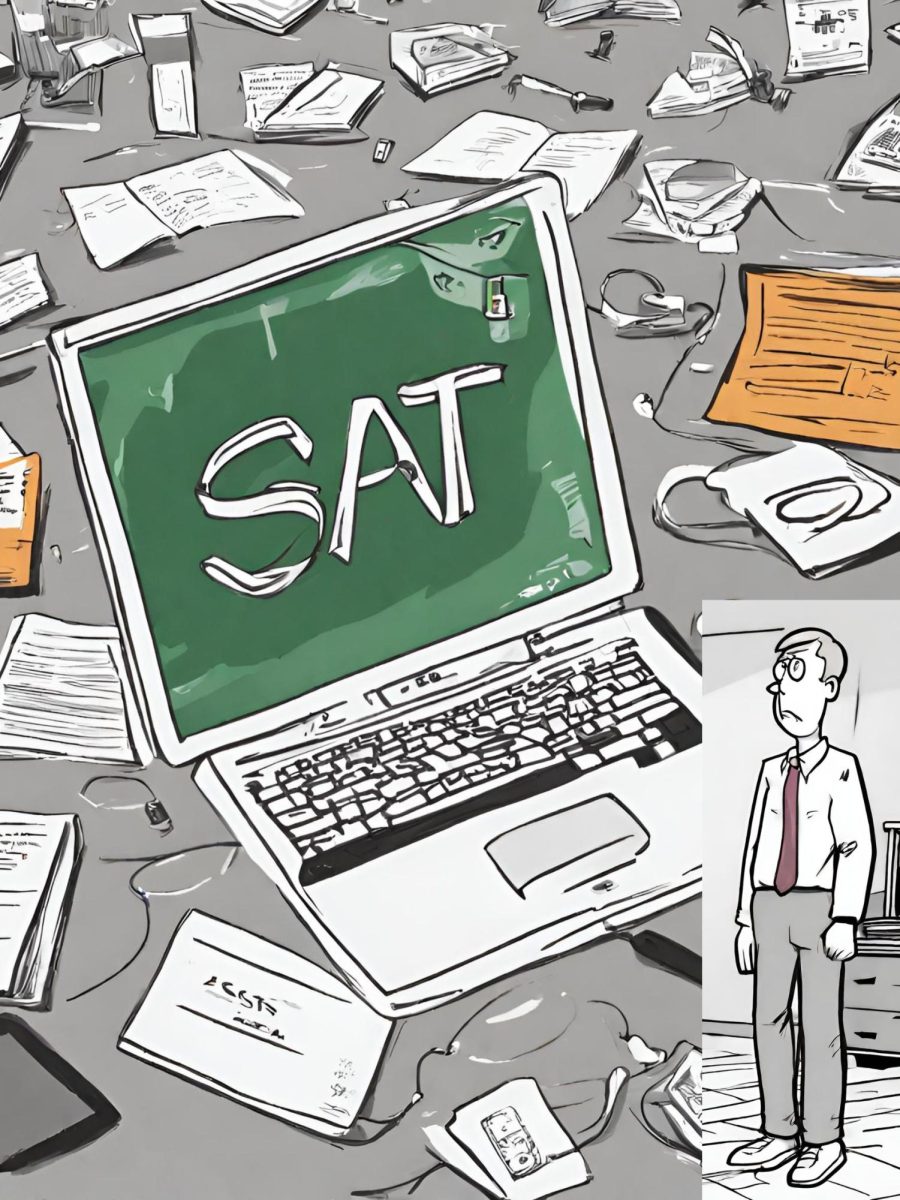






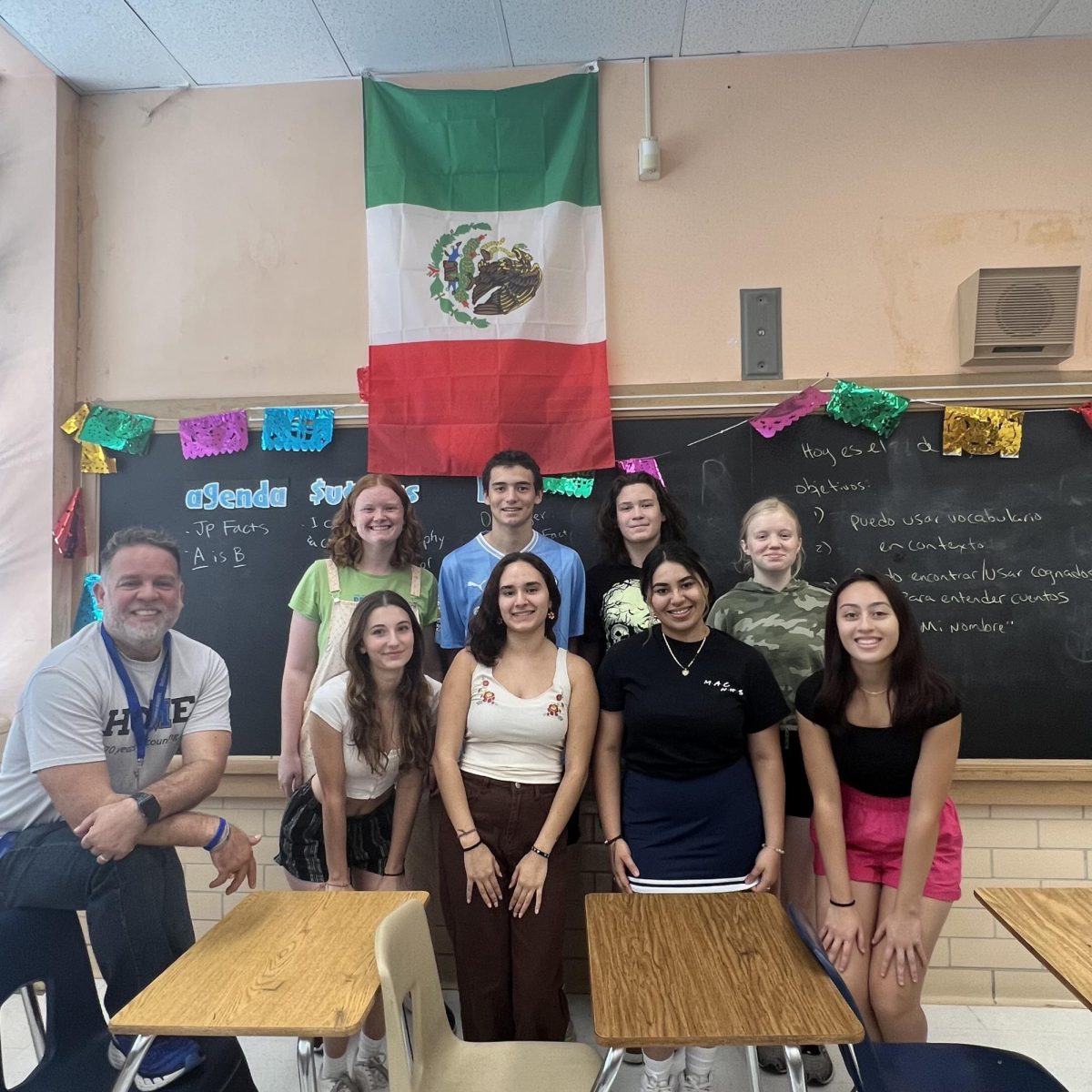

![IN THE SPOTLIGHT: Junior Zalie Mann performs “I Love to Cry at Weddings,” an ensemble piece from the fall musical Sweet Charity, to prospective students during the Fine Arts Showcase on Wednesday, Nov. 8. The showcase is a compilation of performances and demonstrations from each fine arts strand offered at McCallum. This show is put on so that prospective students can see if they are interested in joining an academy or major.
Sweet Charity originally ran the weekends of Sept. 28 and Oct. 8, but made a comeback for the Fine Arts Showcase.
“[Being at the front in the spotlight] is my favorite part of the whole dance, so I was super happy to be on stage performing and smiling at the audience,” Mann said.
Mann performed in both the musical theatre performance and dance excerpt “Ethereal,” a contemporary piece choreographed by the new dance director Terrance Carson, in the showcase. With also being a dance ambassador, Mann got to talk about what MAC dance is, her experience and answer any questions the aspiring arts majors and their parents may have.
Caption by Maya Tackett.](https://bestofsno.com/wp-content/uploads/2024/02/53321803427_47cd17fe70_o-1-1200x800.jpg)
![SPREADING THE JOY: Sophomore Chim Becker poses with sophomores Cozbi Sims and Lou Davidson while manning a table at the Hispanic Heritage treat day during lunch of Sept 28. Becker is a part of the students of color alliance, who put together the activity to raise money for their club.
“It [the stand] was really fun because McCallum has a lot of latino kids,” Becker said. “And I think it was nice that I could share the stuff that I usually just have at home with people who have never tried it before.”
Becker recognizes the importance of celebrating Hispanic heritage at Mac.
“I think its important to celebrate,” Becker said. “Because our culture is awesome and super cool, and everybody should be able to learn about other cultures of the world.”
Caption by JoJo Barnard.](https://bestofsno.com/wp-content/uploads/2024/01/53221601352_4127a81c41_o-1200x675.jpg)





